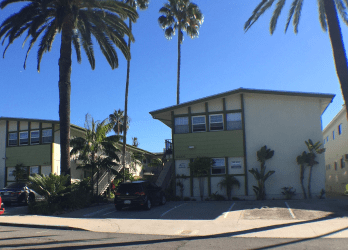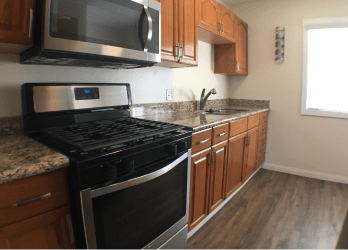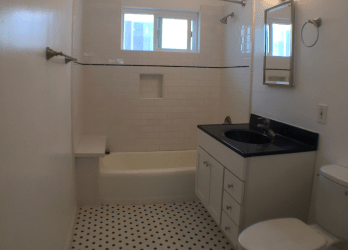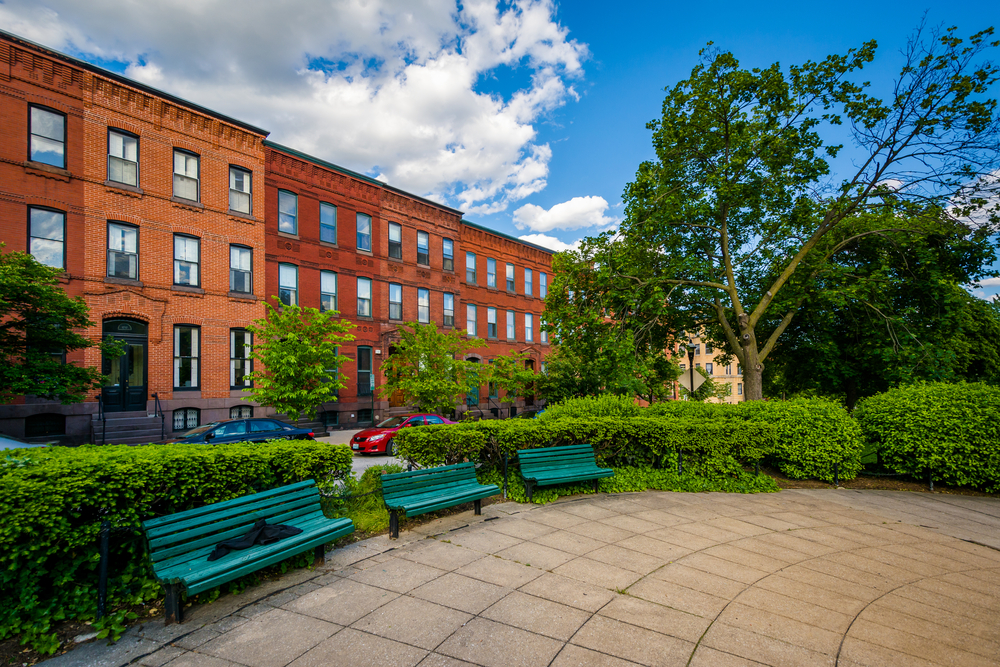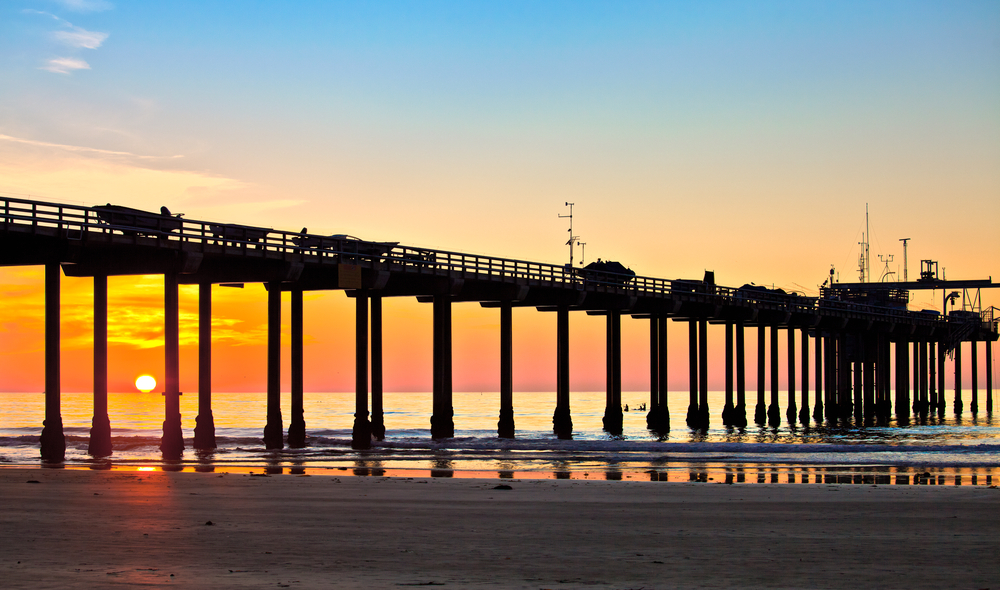There has been a lot of buzz recently about the impact the vacation rental business is having on our local communities. San Diego is one of the top tourist destinations in the country, and as a result more and more homeowners are taking advantage and opting to utilize services such as AirBnb and Homeaway to rent out their properties for extra income. As referenced below by a recent article in the San Diego Union Tribune, some local residents and community leaders are putting up a fight to develop regulations for vacation rentals:
For the last two years, Roland Stroebel has depended on the healthy rental income he collects from San Diego vacationers staying at his La Jolla property to help pay the hefty mortgage. At the same time, he rarely gets a good night’s sleep as large numbers of guests at a next-door vacation rental home chatter, laugh and party into the early morning hours.
Such is the conundrum also bedeviling San Diego policy makers as they draft new rules governing short-term rentals, an increasingly contentious issue that has sharply divided the City Council, as well as whole neighborhoods.
City planners released this month their first attempt at proposed rules for regulating such rentals, whether it’s a whole home or the sharing of one, popularized by online sites like Airbnb and HomeAway. While the proposal offers, for the first time, a precise definition of short-term vacation rentals and home sharing, it steers clear of addressing what has become the most divisive issue: how frequently you can rent out your home to visitors.
That will be left to the City Council to decide.
The “framework” for an ordinance, as the city’s Development Services Department is calling it, comes in response to two hours-long council committee hearings held in April and May when home sharing hosts squared off against homeowners, who complained that vacation rental homes have taken over their neighborhoods and disrupted their lives.
The latest proposal is sure to stoke even more debate.
“This was one of the more difficult processes we’ve been through because there wasn’t any clear direction, and it seemed whichever way we went, we’d be in conflict with one side or the other, and typically that’s not the case,” explained Robert Vacchi, development services director. “You never please all the people all the time but usually you get clear direction which way to go. But in this case, it was pretty even on both sides.”
While the city currently has various provisions in its municipal code that can be applied to vacation rentals, such as “boarder and lodger” and bed-and-breakfast rules, they haven’t been adapted to respond to the rapidly growing popularity of home sharing that has gone global, thanks to Airbnb. There are more than 4,000 listings in just the city of San Diego.
Under the proposed ordinance offered up by city planners, there would be a new category for short term vacation rentals of an entire dwelling unit that includes strict guidelines for addressing growing neighborhood concerns about noise, overcrowding and disorderly conduct. Additionally, the municipal code’s existing boarder and lodger regulations have been expanded to permit short term stays by families or a maximum of two adults in a home where the owner is present.
While current rules for renting out a room in one’s home for under 30 days can vary by residential zones and communities, the applicable regulations generally fall under the city’s bed-and-breakfast category, which in most instances requires a special permit that can take as long as a year to secure.
What remains unanswered, though, is the question of how frequently homes and rooms can be rented to visitors. City Council members have offered suggestions ranging from minimum 21-day stays when an entire home is being rented to no restrictions at all.
“Individuals should have the right to rent out a room in accordance with the laws set by the state and other noise issues on the books,” said Councilman Chris Cate, who does not favor a limit on the frequency of short-term stays. “We should focus on weeding out the bad actors. My feeling is we have an evolving (sharing) economy, and we need to be in the forefront of that.”
Stroebel, a software consultant who is currently looking for a new job, has been renting out on a short-term basis a two-bedroom home just a couple of blocks from the beach and located on the same lot where he lives in a three-bedroom home. The income he gets from vacationers – nightly rates can be as high as $357 – far exceeds what he would be able to collect from a long-term renter, says Stroebel, who is now preparing to turn his home as well into a short-term rental in anticipation of a possible move outside of San Diego for a new job.
“We live in a vacation mecca of North America. What are we going to do, turn the lights off and say we’re closed,” said Stroebel, whose properties are managed by a local vacation rental company. “I put in over 27 years of savings into this property. I have house rules, but you have a lot of homeowners in Pacific Beach, Mission Beach where they just want to make money and they’re giving us a bad reputation.”
For the last year, Pacific Beach resident Ronan Gray says his family has had to endure almost daily disturbances from the vacation rental home next door where late-night revelers, loud music and door-pounding have interrupted their sleep and frightened the youngest of his three school-aged children.
“This proposal from the city looks to us like Airbnb wrote it, they got everything they wanted and the communities will be devastated by this,” said Gray, who has lived in Pacific Beach for 15 years. “There have been times during the middle of the day where the level of profanity and marijuana smoke is so much that my wife and children have had to leave. The rules say no visitor accommodations in residential zones and that’s what these are, visitor accommodations.”
Councilwoman Lorie Zapf, who chairs the city’s Smart Growth and Land Use council committee and represents many of the beach communities, remains firm in her stance that vacation stays in single-family neighborhoods be limited to no less than 21 days for the rental of entire homes. It is likely that the draft ordinance will eventually return to her committee, but no date has been set. The committee’s next regular meeting is in late September.
“It’s the whole home rentals that are affecting the livability and character for our long-term residences,” said Alexandra Bell, a spokeswoman for Zapf. “It’s not fair to change those allowable uses and allow these mini hotels in a single family zone.”
In the last couple of years, cities have taken widely varying approaches in regulating vacation rentals. One of the stricter measures is in Santa Monica, which bans rentals of an entire unit for less than 30 days. Earlier this year, the city of Carlsbad adopted new regulations that would allow short term stays only in the city’s coastal zone but there are no restrictions on the duration of the stay.
“We did some research with local property management firms, and they estimated that the market establishes those minimum stays themselves, so we didn’t feel we had to specify that,” said Carlsbad Senior Management Analyst Steve Didier. “We tried to keep it relatively simple.” (via signonsandiego.com)
McKee Properties is a San Diego Property Management company. We specialize in Property Management in San Diego and have been helping clients with their Property Management and Leasing needs since 1982. For more information on our San Diego Property Management services, visit us online at www.mckeecompany.com or give us a call at (619) 435-7780.
